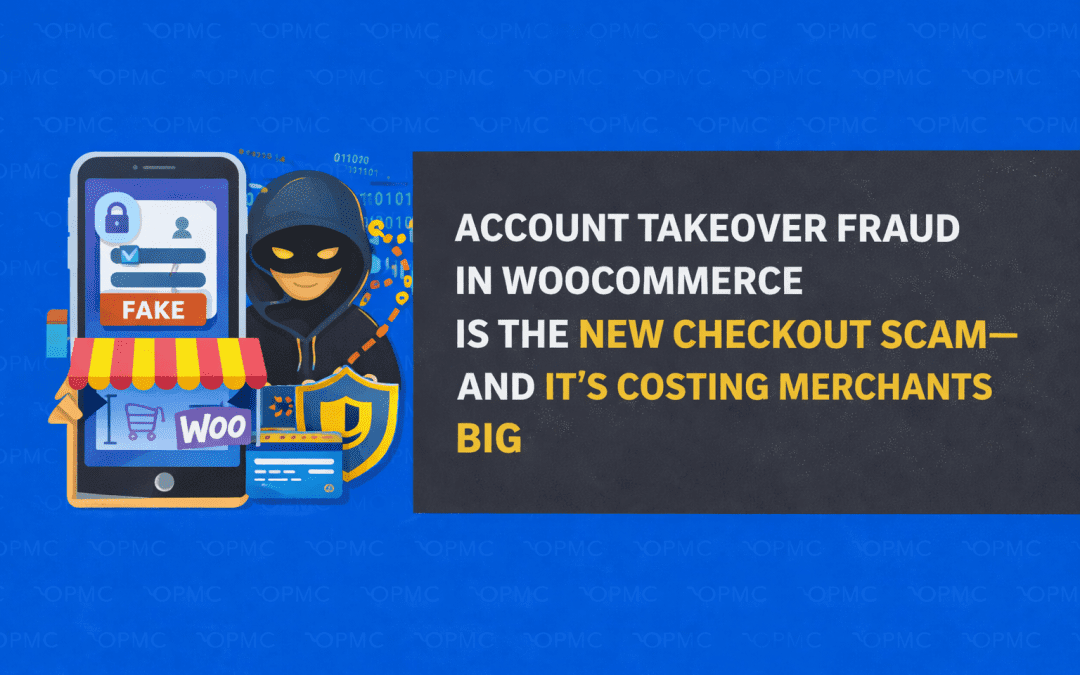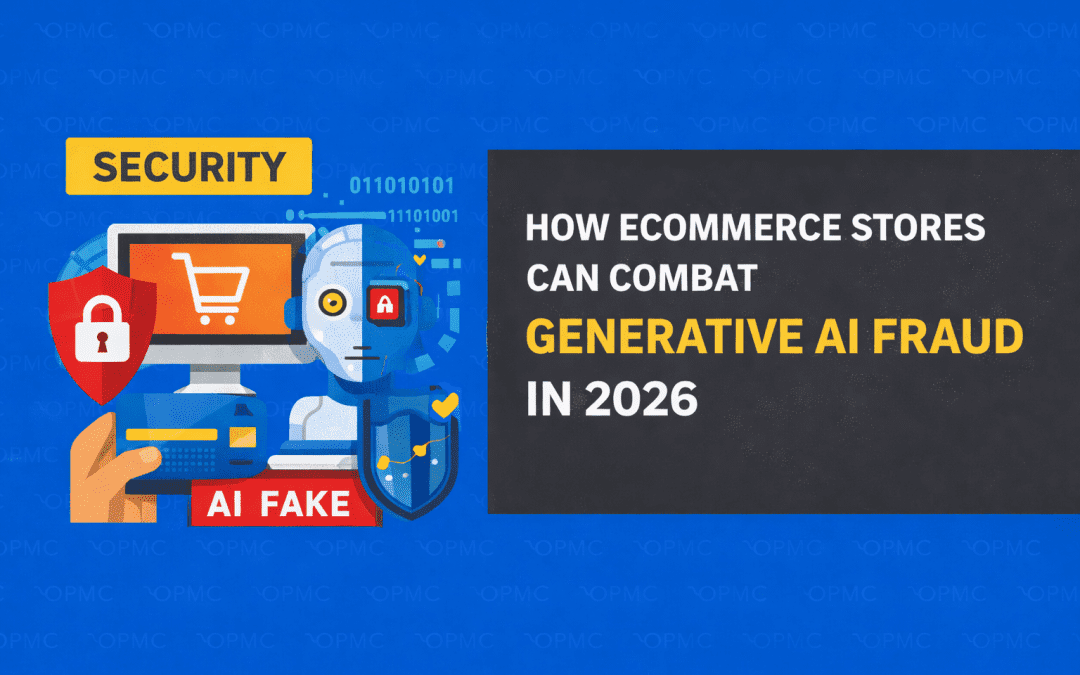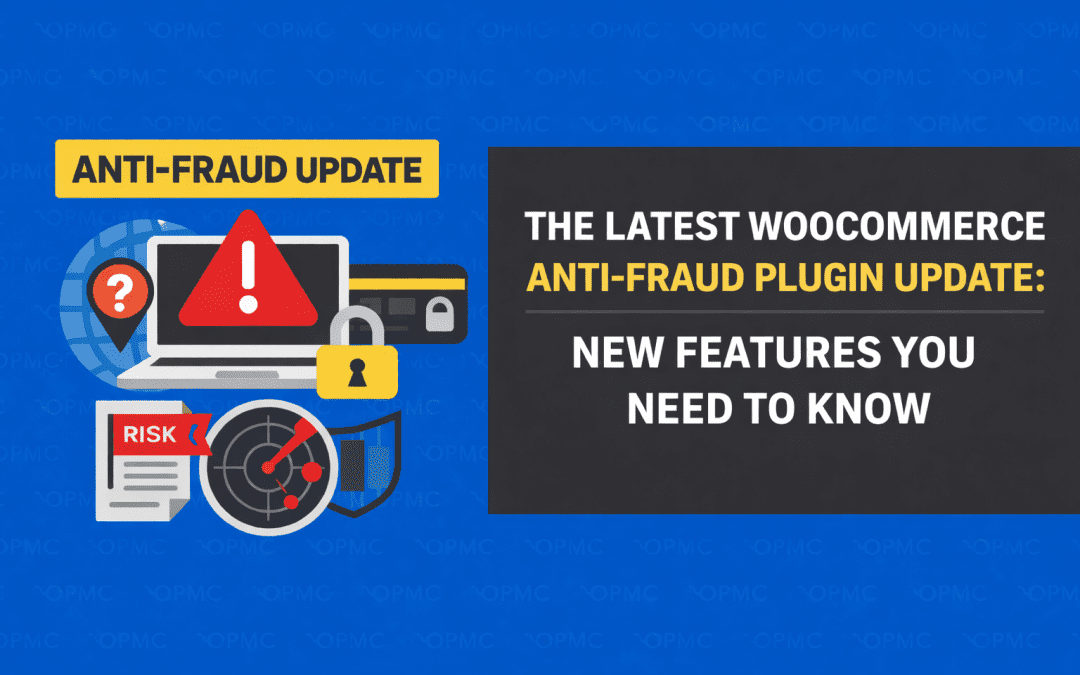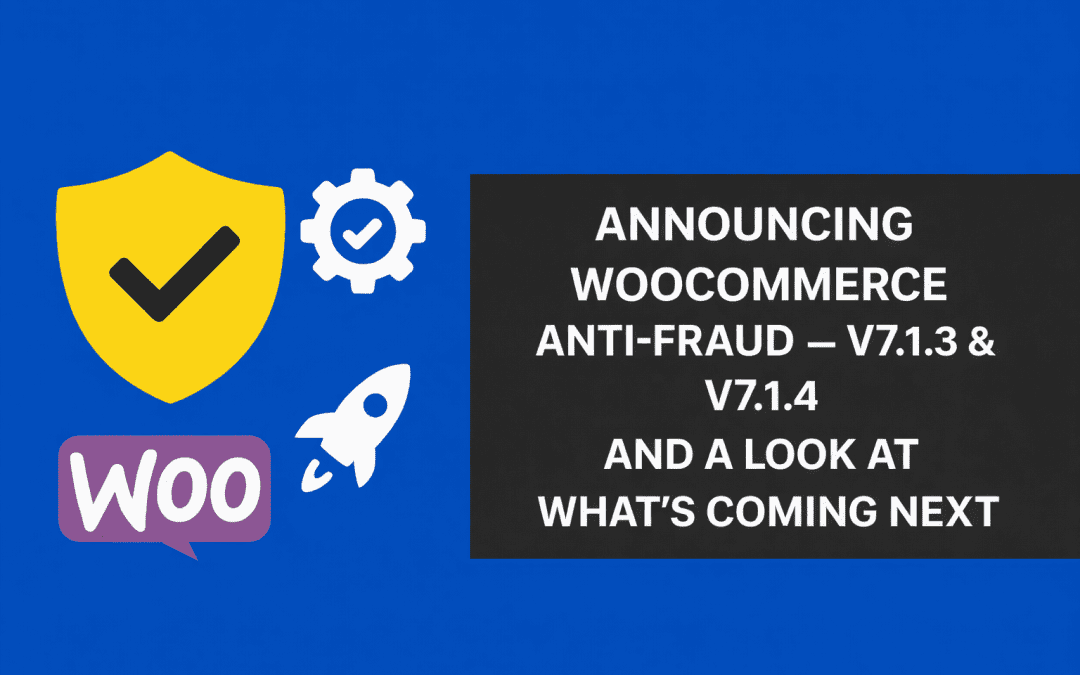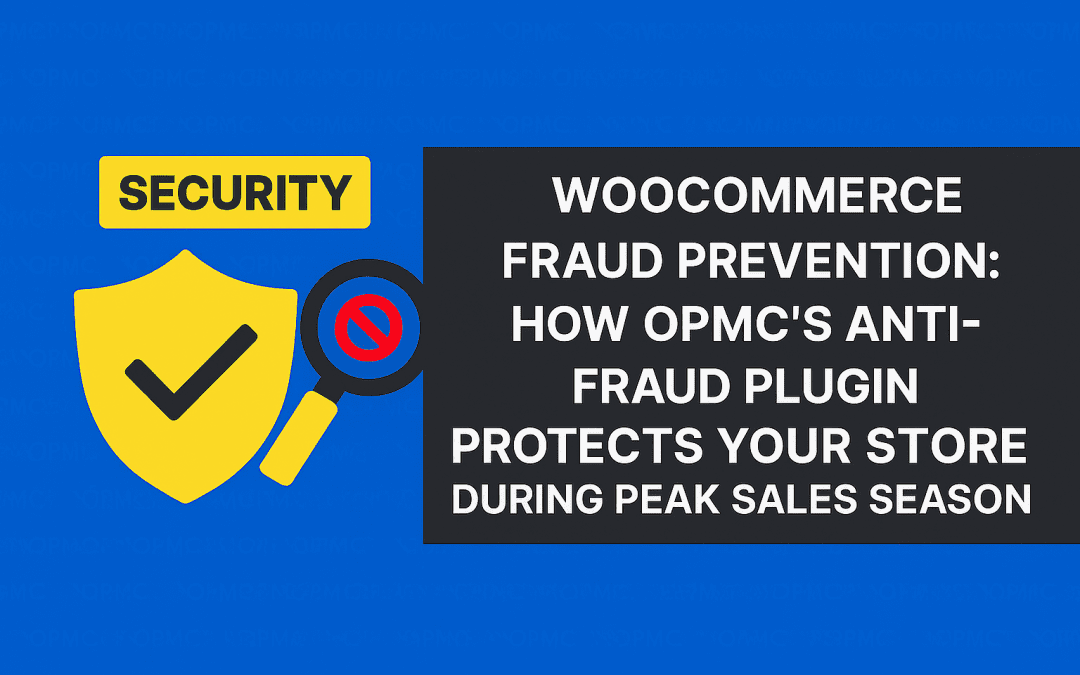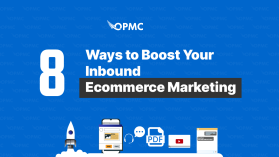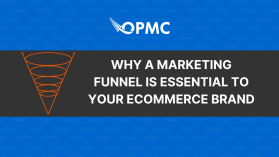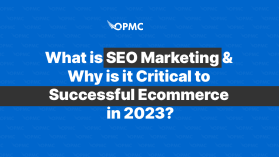For most ecommerce companies, the goal is to increase sales and revenue. While that is great as a goal, it isn’t the easiest thing to achieve. That is why you need to expand your capabilities and practices to ensure you capture all the leads you can get.
Omnichannel marketing plays a vital role in achieving this goal by helping businesses improve customer experience and engagement, increase brand awareness, collect more data, and analyse it all through better tools.
These benefits come from combining online and offline channels, such as social media messaging with email marketing tactics. If you want to boost your sales, you need omnichannel marketing.
What is Ecommerce Omnichannel Marketing?
Ecommerce omnichannel marketing is a strategy that uses multiple channels to connect with customers and deliver a seamless experience across all touchpoints. It’s not just about the channels you use, but also the way you deliver your message across those channels.
Omnichannel marketing doesn’t mean having an online store and then opening up another one in-store or on mobile phones. It’s about connecting with consumers wherever they are, regardless of how they access information or make purchases.
Think of your favorite brands like Coca-Cola, McDonalds, Starbucks, Target, and more. They all have the same branding and customer experience, no matter if ordering online, in-person, or on the phone. They have created a customer journey that is the same no matter where a lead is captured.
The Benefits of Omnichannel Marketing
1 – Enhanced Customer Experience
The first advantage of using omnichannel marketing is that it enhances the customer experience. The best way to build a loyal base of customers and increase conversions is by providing an exceptional experience, and that starts with excellent customer service. One of the most critical aspects of this is making sure that you’re available when your customers need you.
Beyond customer support, you want to foster personalization. This is a powerful tool in omnichannel marketing and can be used to create a better customer experience.
Personalization allows you to deliver content based on individual preferences, which makes it easier for customers to find exactly what they’re looking for on your website or app. That means they will be more likely to buy from you again in the future.
2 – Increased Sales and Revenue
The most apparent advantage of omnichannel marketing is increased sales and revenue. Omnichannel marketing increases the customer experience, which leads to higher customer loyalty, which in turn leads to an increase in lifetime value (LTV).
You are making the entire purchasing process from your online store easier across everything from Instagram to your mobile website.
3 – Improved Brand Awareness
Omnichannel marketing is a powerful tool for improving brand awareness. Brand recognition is a vital component of any successful ecommerce business, and it can be achieved through social media, content marketing, and other channels.
An effective omnichannel strategy involves using all available marketing channels to promote your products or services. This includes:
- Social media platforms like Facebook and Twitter
- Email marketing campaigns (using email newsletters)
- Website design/content creation
- Blogs
- Videos
- And More
When you penetrate a target market effectively, you rapidly boost the potential sales you can bring home.
4 – Integrating Social Media
Social media has become an integral part of the omnichannel marketing strategy. Social media can be used to engage with customers, promote your brand and products, build relationships with customers, collect customer feedback, and even get customer ideas.
Social media platforms such as Facebook, Instagram, and Twitter help you connect with your target audience in real time while they are on the go or at home browsing their mobile devices. This lets you offer them more personalized experiences when they are ready to buy something from your store.
5 – Better Data Collection and Analysis
Data collection and analysis are vital for effective marketing. With the ability to collect data from multiple channels, you can better understand your customers’ behaviour and what they want out of the products you sell.
You’ll know who they are, what they like when they’re likely to buy something, how much money they have spent on previous purchases (or not) etc. This data can be used in many ways to improve conversion rates and increase revenue.
Challenges of Ecommerce Omnichannel Marketing
There are a few challenges that businesses may face when implementing omnichannel marketing. First, it’s essential to have the proper infrastructure in place to support your customers.
This means having a good customer support team and providing reliable contact information on your website. You also need to make sure that your website is optimized for mobile devices so that users can easily browse through product listings and reviews while on the go.
Second, continuous improvement and adaptation are crucial components of successful omnichannel marketing campaigns because they allow you to test new strategies without risking too much money or time.
Additionally, tracking and measuring the effectiveness of each campaign will help determine which ones should be continued while eliminating those which aren’t producing results quickly enough or at all. This allows companies who implement these tactics effectively to get ahead of their competitors by knowing exactly what works best.
Finally, personalization plays an important role here, too, since different audiences want different things from their experiences online. Therefore, companies must find ways (like offering unique discounts), so customers feel like they’re getting something special when visiting their websites instead of just being treated like another number.
Quality Customer Support is Key
Customer support is the most crucial part of any ecommerce omnichannel marketing strategy. This is because you want to actively respond to any needs in real time so you can adapt your online business to current trends.
While most of the time, this support can be achieved through email or a quick phone call, you may also want to consider a live chat. This can operate 24/7 while you sleep and ensures your customers always feel heard and cared for.
When you utilize the WooCommerce Customer Support plugin from our team at OPMC, you create a business environment where any customer along your omnichannel marketing strategy can be helped at a moment’s notice. People appreciate that personalized care, and that means more revenue! Download our plugin today and give your ecommerce business a well-deserved boost.
Conclusion
As we’ve seen, omnichannel marketing can be a powerful tool for increasing sales and brand awareness. It also allows businesses to better track their customers’ preferences and personalize their experience with the brand.
However, implementing an omnichannel strategy requires careful planning and continuous improvement to succeed. You need to make sure that your website is optimized for mobile devices (especially tablets), as well as ensure that there are no gaps between different channels, such as email marketing campaigns or social media posts.
Take a “big picture” view of your omnichannel marketing, and your ecommerce store will see significant improvements. While you’re at it, don’t forget our WooCommerce plugin! Good luck!
Visit our store today!
Get a powerful boost to your security, customer support, inventory management, and more…

